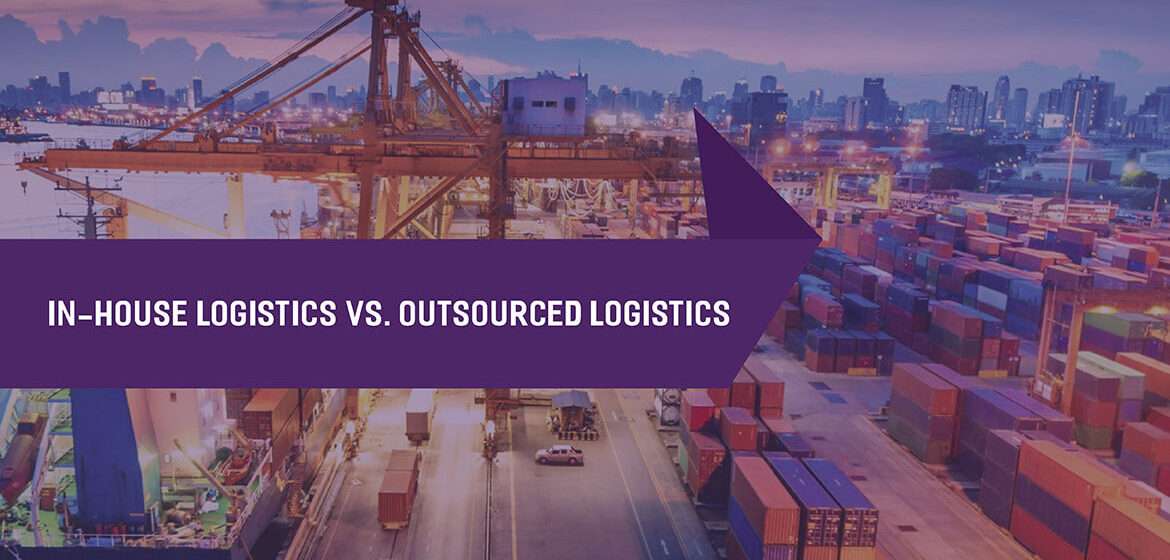The key component to all the main Supply Chain Management courses or logistics courses of any logistics Institute would be to teach the students to choose the suitable logistics option for a particular product and how-and-where to implement them. In-house logistics and outsourced logistics being the two main options before an organization, it is the responsibility of a professional, who has undergone logistics training from a reputed logistics institute, to choose from these two options and choose wisely. Let’s see how these two choices compare to each other.
In-house Logistics: In-house Logistics is referred to the practice wherein the company or the brand itself takes measures to include services like planning, network, management and communication for the logistics of its products. It is a smooth and crisp way of decomposing the various tasks involved in Logistics.
- A company assigns its own personnel, who have undergone logistics training, to carry out their logistics operations.
- These individuals are employed under the company or the brand name. A company acquires this trained and informed workforce who have undergone supply chain management courses or relevant logistics training from logistics Institutes.
- In this model, a company is forced to invest a huge chunk of their resources and workforce for aiding the supply chain of its products.
- Companies that adopt this practice are bothered by a variety of concerns over elements that demand a notable part of their time and effort.
- In this model, all the components relating to the logistics of a brand are assigned to a third-party Logistic company.
- These companies have a large pool of talented staff who have undergone logistics courses and supply chain management courses that are tailored to meet today’s perpetually evolving global business trends.
- More and more companies have come forward, opting for Outsourced Logistics as part of their business model.
- This has led to a huge increase in the demand for third party logistics companies and has induced a competition between them to prove themselves to the best provider of supply chain management processes at lower costs.

